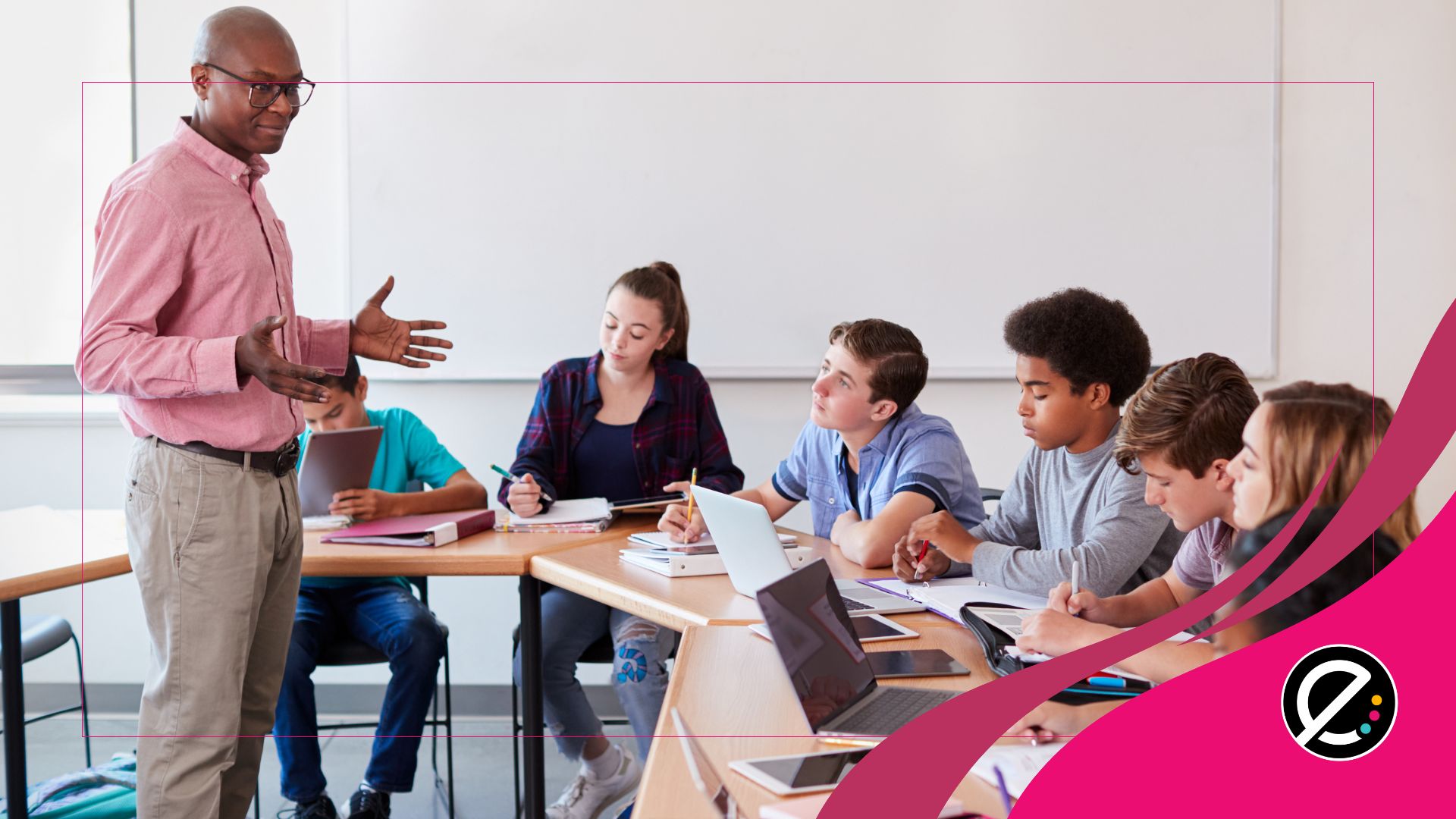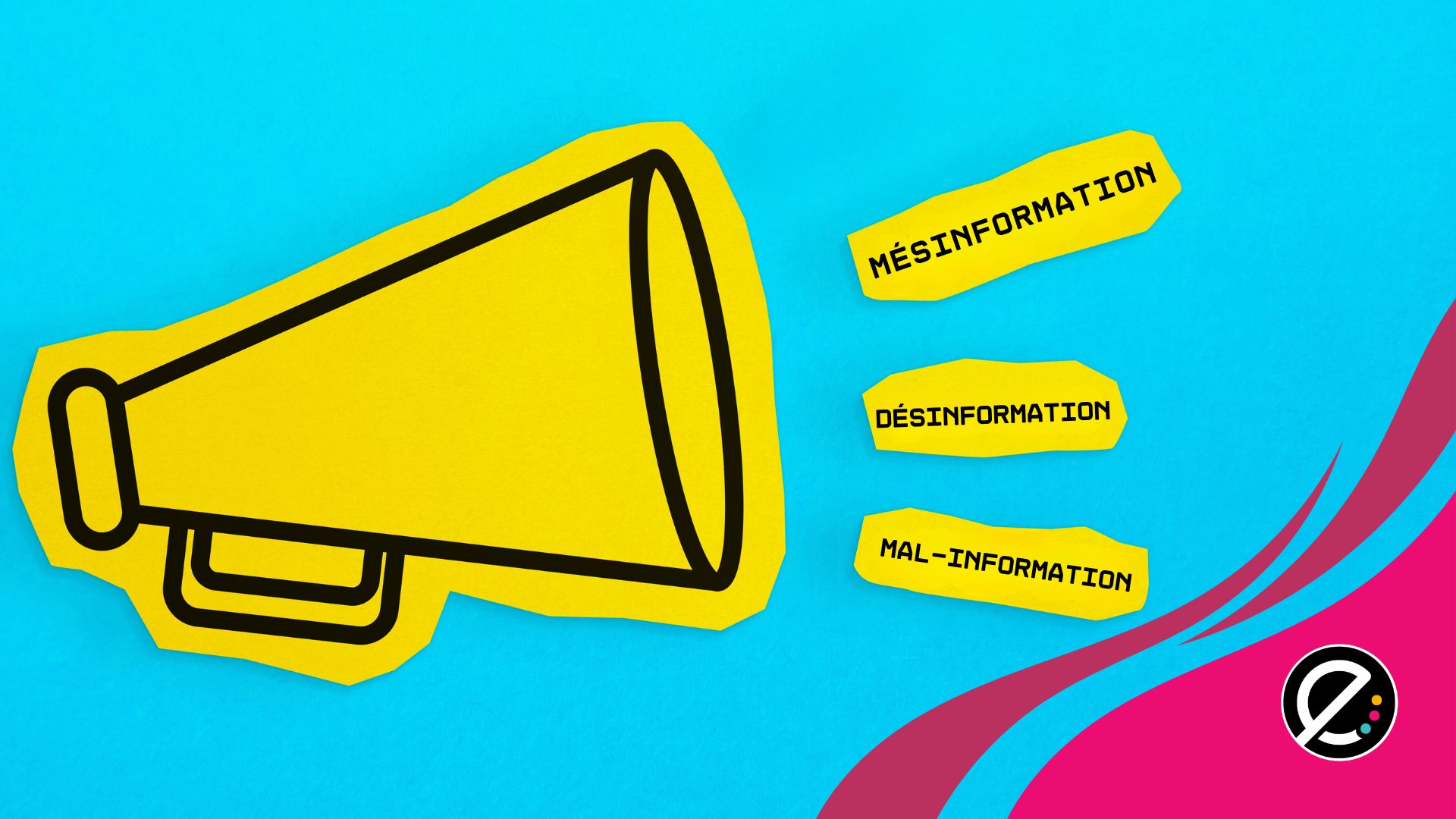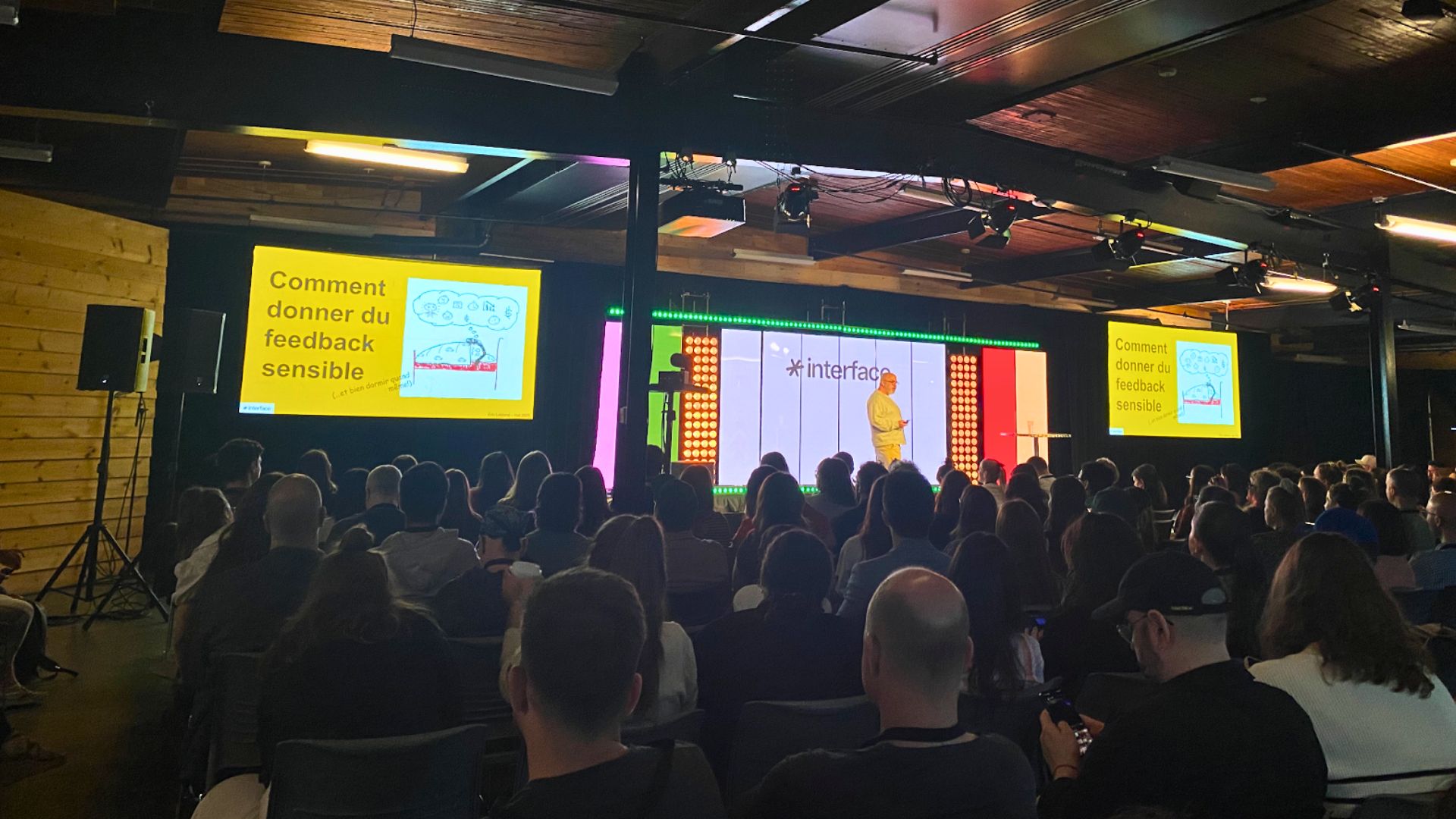Par Alexandre Chenette, enseignant et conseiller pédagogique au service national du RÉCIT, domaine du développement de la personne, collaboration spéciale
La publication de l’enquête NETendances 2020 • La famille numérique en mars 2021 a confirmé ce que nous savions déjà d’expérience : nous avons passé en moyenne plus de temps devant nos écrans au cours de la dernière année. Grâce aux technologies, nous avons pu poursuivre, non sans anicroche, nos obligations professionnelles et scolaires. Il semble qu’à chaque mois qui passe, des intelligences artificielles de plus en plus puissantes trouvent des solutions à des problèmes qui pouvaient auparavant nous apparaître insurmontables. Sans les technologies, nous n’aurions jamais pu accomplir en si peu de temps les miracles qui permettent désormais à des millions de personnes de se faire vacciner chaque jour. Néanmoins, malgré tout son potentiel actuel et à venir, le numérique soulève aussi de nombreux et importants enjeux éthiques.
On nous parle d’algorithmes de personnalisation qui accélèrent et amplifient la propagation de désinformation. De chambres d’échos qui viennent conforter et cristalliser des opinions polarisées. D’idées complotistes, de radicalisation, de mouvements quasi sectaires, de l’attaque d’un bastion symbolique de la démocratie, de temps d’écran, de médias sociaux, d’image de soi, de biais algorithmiques, d’intimidation en ligne, de reconnaissance faciale, de mécanismes de rétention et de monétisation dans les jeux vidéo, de dépendance, d’anxiété, de perte de sommeil, etc. Les enjeux de l’ère du numérique et leur traitement dans les médias suscitent souvent des réponses émotionnelles viscérales et puissantes, comme la colère et la crainte.
Allumer des lumières plutôt que « tirer la plug »
Devant cet ouragan d’informations préoccupantes, des réflexes tout à fait compréhensibles de certains parents et enseignants pourraient être la punition et l’interdiction. Néanmoins (et ceux qui l’ont expérimenté pourront en témoigner), ces approches s’avèrent souvent inefficaces et ont plutôt tendance à enclencher un cercle vicieux où le jeune cherche davantage à employer des moyens détournés d’accéder au numérique, sans avoir eu l’occasion de réfléchir et de développer son autonomie. Ces réponses moralisantes mettent aussi à mal l’important potentiel émancipateur du numérique. Celui-ci fait dorénavant partie intégrante de nos vies et il a fort à parier qu’il en sera de même pour les années à venir, que nous soyons techno ou non.
J’ai personnellement le plaisir d’enseigner l’éthique et la philosophie au secondaire à des jeunes passionnants et passionnés depuis plus de 10 ans. Depuis 2018, j’ai aussi la chance de faire partie de l’équipe du service national du RÉCIT, domaine du développement de la personne (RÉCIT DP). En nous basant sur les travaux de Benoit Petit (Développer la citoyenneté à l’ère du numérique : portrait de la situation au Québec et recommandations), nous avons invité le Québec à un changement de paradigme dans ce qui s’appelait à l’époque la « Citoyenneté numérique » (digital citizenship). Notre approche, appelée « Citoyenneté à l’ère du numérique » (CÈN), invite plutôt à la nuance, à un temps d’arrêt pour prendre une distance critique face aux paniques morales du moment, à approfondir, à réfléchir, à comparer des points de vues, à évaluer les impacts pour pouvoir, de façon autonome, prendre des décisions plus éclairées et moins impulsives. En développant des capacités cognitives comme la pensée critique et des aptitudes socio-affectives comme l’empathie, nous cherchons à autonomiser (empower) plutôt qu’à interdire afin que le numérique devienne un levier d’épanouissement humain plutôt qu’un outil d’asservissement.
En avril 2019, le Ministère de l’Éducation et de l’Enseignement Supérieur du Québec (MEES) a fait de notre dimension « Citoyen éthique » le cœur du Cadre de référence de la compétence numérique, créant ainsi un important précédent pour ce type d’exercice. Depuis, nous travaillons avec d’autres enseignants, conseillers pédagogiques et gestionnaires scolaires à sa mise en action à travers tout le réseau scolaire primaire et secondaire. Comme pour la Déclaration de Montréal pour un développement responsable de l’intelligence artificielle, le Québec est devenu un précurseur et un modèle en ce qui a trait à l’éthique du numérique pour différents pays d’Europe et ailleurs. Désormais, des organismes américains comme DigCitCommit s’engagent aussi dans cette redéfinition autonomisante de la digital citizenship.
Un mouvement qui grandit
Les grands bouleversements liés à la pandémie ont d’abord mis en lumière puis exacerbé plusieurs inégalités et enjeux du numérique. Le populaire documentaire The Social Dilemma (Derrière nos écrans de fumée, Netflix), malgré son ton shockumentary questionnable, a fait prendre conscience à des milliers de personnes l’ampleur des défis. De plus en plus de gens comprennent l’importance et l’urgence d’aborder ces enjeux. Depuis quelques semaines, plusieurs écoles secondaires s’engagent à faire du développement de la citoyenneté éthique à l’ère du numérique une priorité en ralliant toute l’équipe-école (élèves, enseignants, professionnels, gestionnaires, parents, etc.). Ce genre de projets est vraiment inspirant et j’espère que de plus en plus d’écoles emboiteront le pas à l’automne. La CÈN est simplement trop essentielle pour n’être portée que par quelques enseignants motivés.
Ce qui m’amène à la raison de ce texte. En lisant l’article « Hausse de l’intimidation chez les jeunes avec les cours en ligne », j’ai eu envie de faire un appel à tous pour que, dès le primaire, les élèves puissent commencer à développer leur citoyenneté éthique à l’ère du numérique, avec leurs enseignants d’abord mais aussi avec leurs parents, leurs grands-parents, etc. En 2021, attendre le secondaire pour commencer à développer ces aptitudes et aborder ces enjeux, ce n’est pas « trop tard » (mieux vaut tard que jamais) mais imaginez l’impact si l’on pouvait les faire réfléchir dès leurs premières expériences avec le numérique, qui elles se vivent de plus en plus jeune.
Pour qu’un maximum d’enseignants du primaire se lancent, je pense qu’il est essentiel de clarifier que de développer la CÈN, ce n’est pas du travail supplémentaire. Comme prof, nous sommes suffisamment débordés en ce moment. Notre cour est pleine. Non, au contraire, ces enjeux peuvent être abordés en français, en univers social, en ECR, en anglais, en math, en arts, en éducation physique, etc. Bref, dans toutes les disciplines déjà enseignées au Programme de formation de l’école québécoise. De plus, le rôle d’un enseignant titulaire dans le modèle de classe du primaire laisse place à de superbes opportunités d’interdisciplinarité. Donc si vous connaissez des enseignants du primaire ou des parents, partagez-lui gentiment cet article. Plusieurs seront fiers de préciser qu’ils développent déjà la citoyenneté à l’ère du numérique de façon autonomisante avec leurs élèves ou leurs enfants. Les autres se sentiront peut-être interpellés et auront envie de le faire. Nous ne serons jamais trop nombreux…
Faisons front commun pour réfléchir ensemble
La petite équipe du RÉCIT DP continuera à accompagner le réseau scolaire et à développer des activités d’apprentissage libres et autoportantes pour la classe, en présence ou à distance, comme nous l’avons fait d’arrache-pied depuis le début de la pandémie. Mais les activités les plus riches et les plus pertinentes pour les élèves seront toujours celles que leur feront vivre leurs profs à même leur planification. Nous sommes toujours les mieux placés quand il est question de l’apprentissage de nos élèves.
Pour conclure, je crois aussi que le développement de la citoyenneté éthique à l’ère du numérique doit se poursuivre au-delà du milieu scolaire. C’est un projet de société. À l’ère des biotechnologies et de l’intelligence artificielle, la question humaine la plus importante de cette génération est et sera « Comment être citoyen éthique à l’ère du numérique? ».
Donc, au-delà des familles, j’invite la société toute entière à en faire une priorité. Parce que ultimement, nous sommes souvent seuls devant nos écrans. Je ne crois pas que ce soit les interdits et les réprimandes qui guideront réellement nos comportements en ligne. Devenons collectivement plus autonomes avec le numérique, les prochaines décennies en dépendent. Les plus cyniques ont déjà quitté le bateau, mais mon expérience avec la fougue et l’idéalisme des jeunes me pousse à garder foi en l’humanité. Si nous travaillons tous dans le même sens, je crois que nous en sommes collectivement capables…
Sapere Aude!
Pour suivre nos travaux citnum.ca et facebook.ca/citnum
Crédit photo: Photo de McKaela Taylor sur Unsplash














